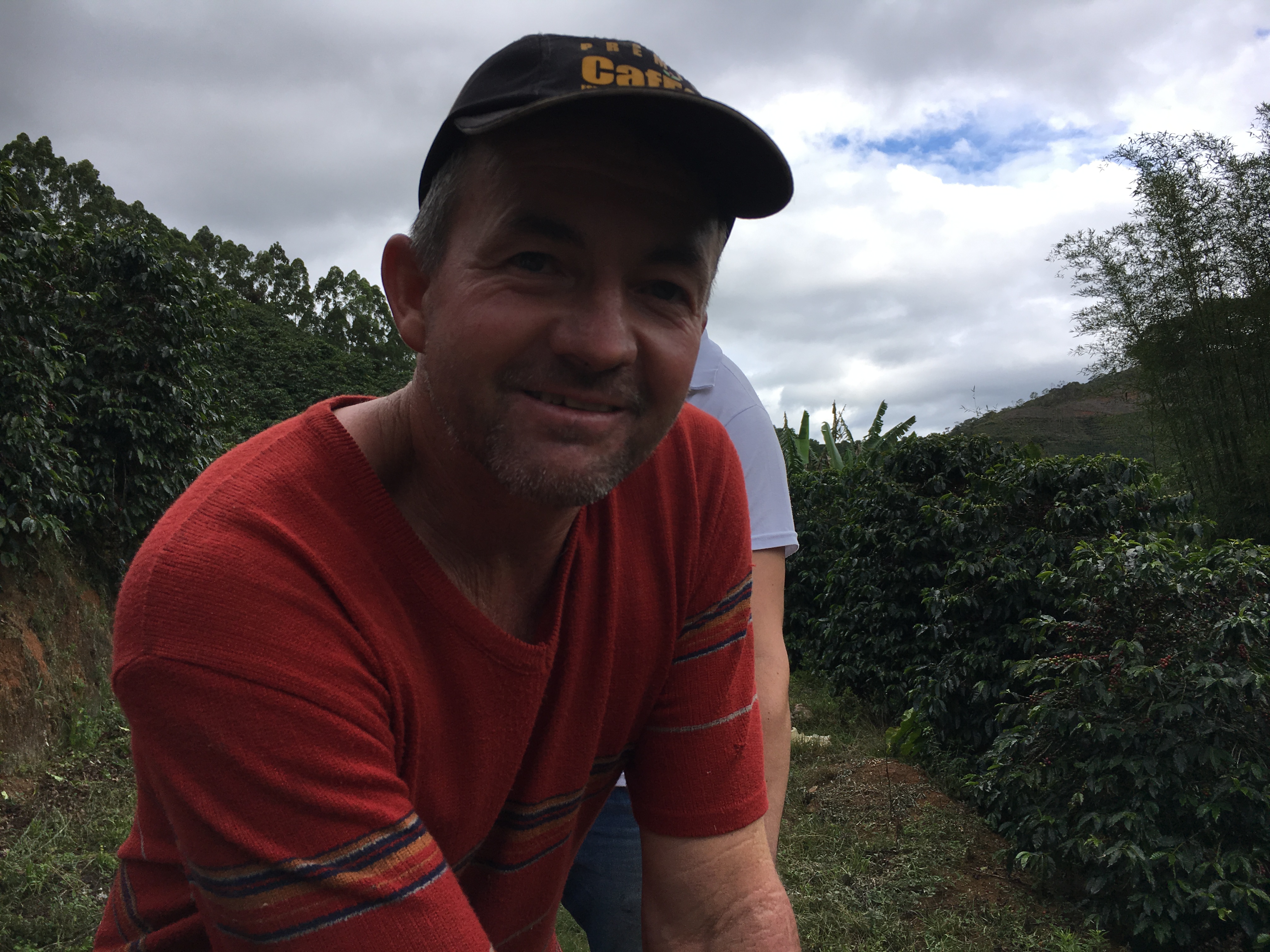The property belongs to the family for more than 80 years, going through three different generations, beginning with Mr. José Antonio Pasti’s grandfather, Mr. Pedro Pasti Neto. Coffee production has always been the main income source for them. Concerned about environment, the property has 30% of its area as a natural reserve with native Atlantic Forest vegetation, water springs and natural water reservoirs.
Coffee production was a tough job on the beginning as the work was mainly manual, having precarious conditions to cultivate and process. They used the land also for subsistence agriculture, planting rice and bean to feed the family, and filtered the coffee with sugar cane juice. “We own a lot to coffee production, as it was the responsible for us to succeed. We want to improve more and more to produce specialty coffees.”- claims Mr. Jose Antonio.
The harvest period happens from June to December.
The family itself does the selective picking, passing three or four times at the threes and processing on the same day. They care a lot about the picking as it is their raw material. The pulping process is done at a neighbor property. The processing starts separating the light seeds (floaters) and then at the peeler, separating the green ones. After peeling they pass on the machine to remove part of the mucilage and facilitate the drying process. They use covered patios to dry the coffee at the property, with a lot of care to keep the quality standards, turning it slowly many times a day.
The weather is tropical altitude with average temperature of 19,0ºC and moderate rain.
The specialty coffee production has begun in 2005 and their coffee has always been a highlight at the regional contests. All work stays among the family and their children are committed to continue the work. They are investing in new machinery, as specialty coffees generate a higher income, allowing them to continue improving their work and the coffee’s quality.

